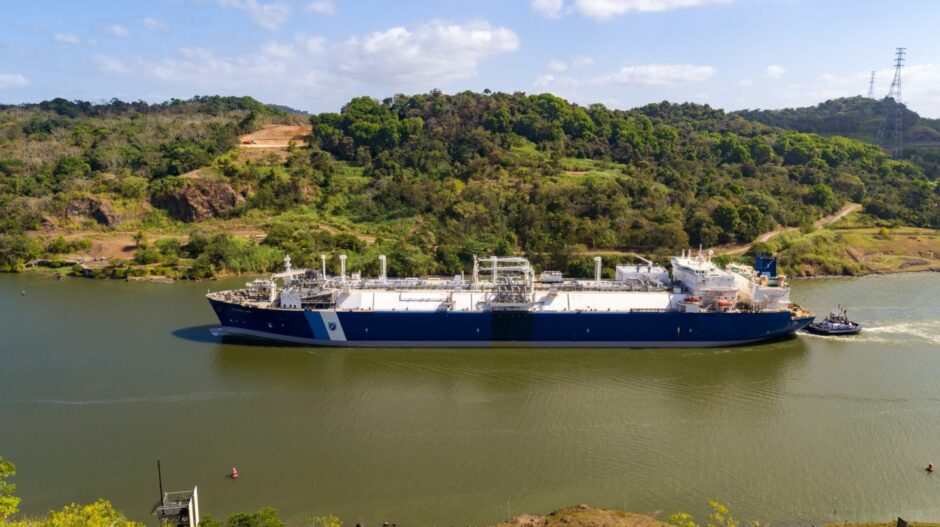
Technip Energies will supply a marine loading arm to TotalEnergies at the planned FSRU project in France.
The service company said it would install the offloading unit at Bougainville dock, in Le Havre. The marine loading arm will transfer the regasified LNG from the FSRU to the shore.
“We are very proud to have been selected by TotalEnergies for this strategic project in Le Havre,” said Technip Energies loading systems vice president Bertrand Chupin.
“Through this fast-track project, we are contributing to the acceleration of French energy independence while providing a French supply chain. In the current geopolitical context, LNG is definitely a solution to address both energy independence and decarbonization agendas.”
Total and the French Ministry for Ecological Transition have backed the Le Havre FSRU. The project is line with France’s drive to increase its energy independence through facilitating LNG imports and reducing pipeline needs.
The Le Havre FSRU will provide around 5 billion cubic metres per year of regas capacity.
Technip Energies will design, manufacture and test the marine loading arm at its plant in Le Sens.
Le Havre was the site of France’s first LNG import terminal. It ran from 1965 until 1989.
Sobriety
Prime Minister Elisabeth Borne has called for France to fill its gas stores by autumn, in addition to the new LNG terminal. The politician said the FSRU would be commissioned in September 2023, while she paid a visit to a gas facility in June.
Borne has today directed ministries to reduce energy consumption with the aim of cutting demand by 10% in two years.
Les Amis de la Terre has criticised the Le Havre plan. The NGO has said France could reduce energy consumption and would not need imports.
Anna Lena Rebaud, a campaigner at the NGO, said the French government was using the war in Ukraine to “give gifts to the fossil industry, which is already profiting greatly from the crisis! We should be building the conditions for our independence by investing in a sober and sustainable energy system.”
Amis de la Terre reported that the FSRU was contracted for five years but that long-term import contracts might see it remain in country for longer. Environmental groups are particularly concerned about importing US shale gas, which they see as high emitting.
